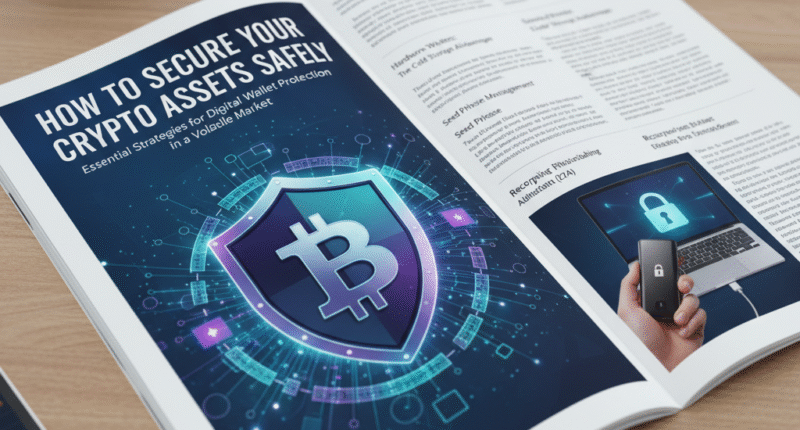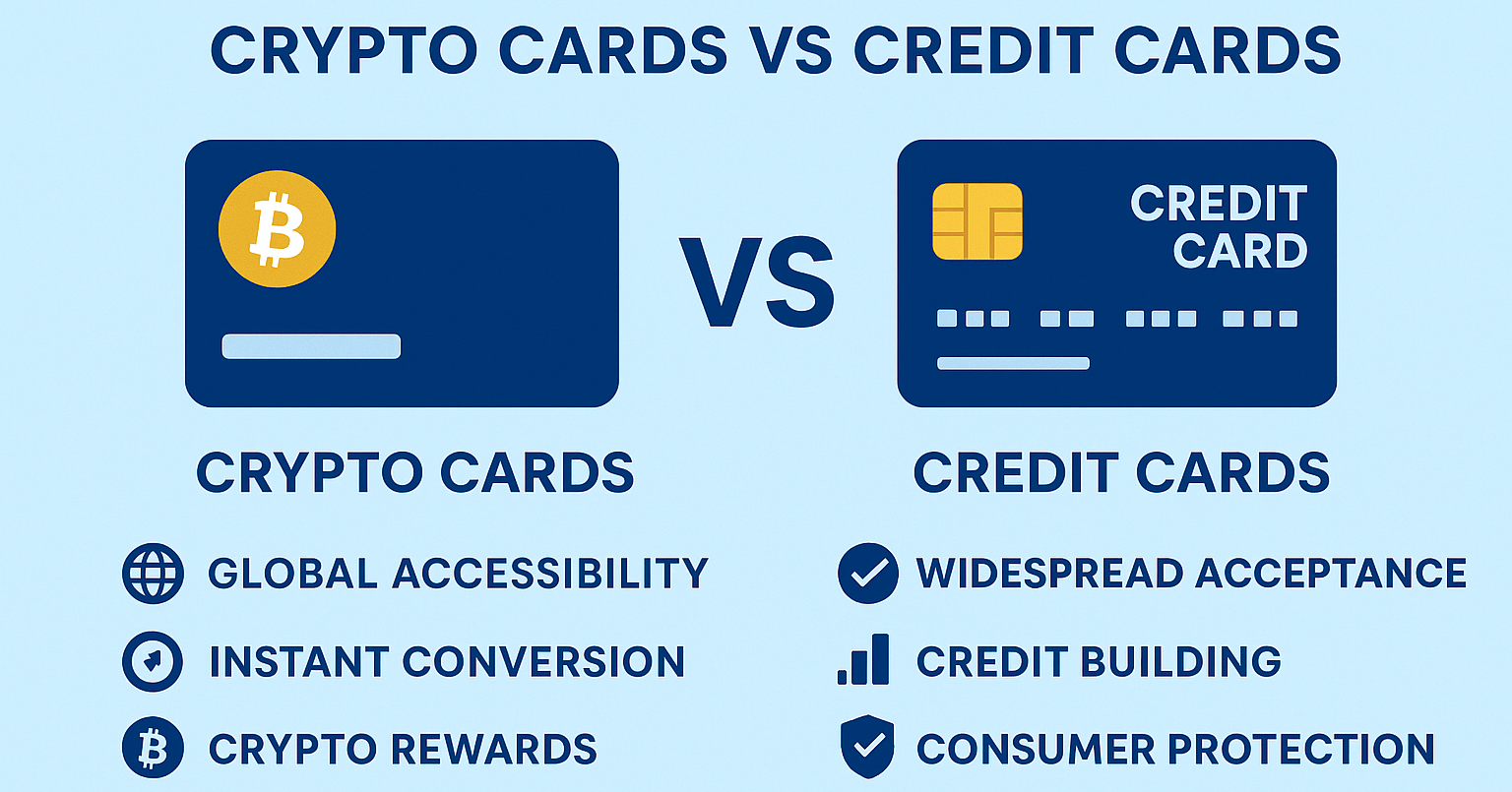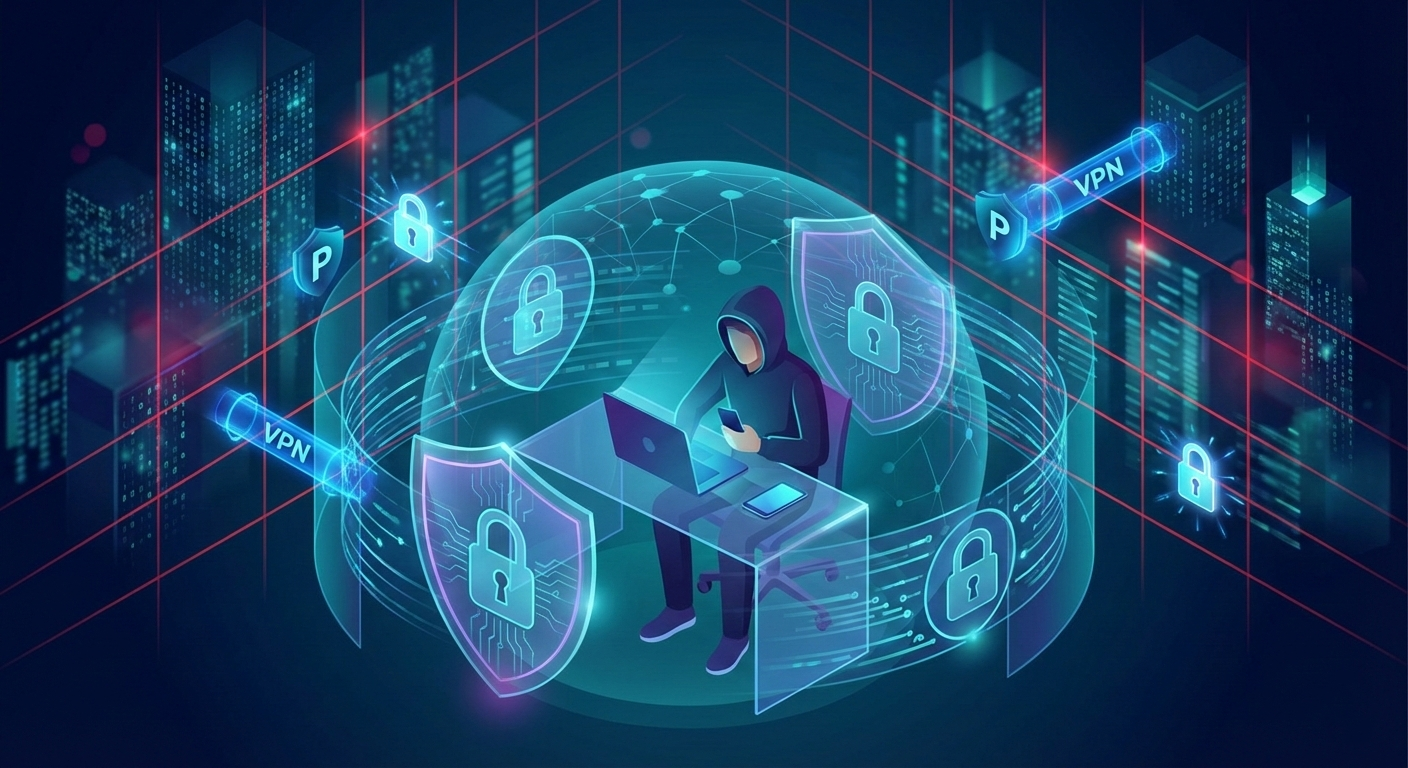Cryptocurrency has become one of the most valuable digital investments in recent years. With millions of people entering the crypto market, the need to secure your crypto assets safely has never been more important. Unlike traditional banks, cryptocurrencies operate on decentralized networks, which means the responsibility of protecting your funds lies in your hands.
In this article, we will explore the best methods to protect your digital assets from hacks, scams, and theft.
Why Crypto Security Matters
Unlike fiat money stored in banks, crypto funds are stored in digital wallets. If your wallet is hacked or you lose your private keys, recovering your funds can be almost impossible. Cybercriminals often target crypto investors because transactions are irreversible. This is why adopting strong security practices is essential to protect your investments.
Best Practices to Secure Your Crypto Assets
1. Use a Hardware Wallet
Hardware wallets, also known as cold wallets, store your crypto offline. Since they are not connected to the internet, they are far less vulnerable to hacking attempts. Popular hardware wallets like Ledger and Trezor are considered among the safest options for long-term investors.
2. Enable Two-Factor Authentication (2FA)
Always enable 2FA on your exchange accounts and wallets. This adds an extra layer of protection, ensuring that even if someone gains access to your password, they cannot log in without the secondary authentication code.
3. Keep Private Keys Secure
Your private keys are like the password to your bank account. Never share them with anyone and avoid storing them on cloud services or online platforms. Write them down and keep them in a secure, offline location.
4. Avoid Phishing Scams
Phishing is one of the most common ways hackers steal crypto. Be cautious of emails, links, and websites pretending to be legitimate exchanges or wallets. Always double-check URLs and never click suspicious links.
5. Use Reputable Exchanges
Not all crypto exchanges are reliable. Choose well-established platforms with strong security protocols and a track record of protecting users’ funds. Consider withdrawing your assets to a personal wallet rather than keeping large amounts on an exchange.
6. Keep Software Updated
Ensure that your wallet apps, exchange apps, and antivirus software are always updated. Updates often patch security vulnerabilities that hackers could exploit.
Advanced Security Tips for Crypto Investors
-
Multi-Signature Wallets: These require multiple approvals before a transaction can be executed, making it harder for hackers to steal your funds.
-
Use a VPN: When accessing your wallets or exchanges, a VPN adds privacy by hiding your IP address.
-
Separate Devices: Consider using a dedicated device for crypto transactions to reduce exposure to malware.
Final Thoughts on Securing Crypto Assets
The cryptocurrency market offers incredible opportunities, but it also carries risks if you neglect security. By using hardware wallets, enabling 2FA, safeguarding private keys, and staying vigilant against scams, you can greatly reduce the chances of losing your digital assets.
Remember, in the world of crypto, you are your own bank—and securing your assets should be your top priority.












32 comments
Thanks for sharing knowledge 🌼
Thanks for your article.
Thanks for sharing.🥰
Done
Thanks
🥰🥰🥰👌👌👌
🥰🥰🥰👌👌👌
Good post.
🥰🥰🥰👌👌👌
Good post &thanks alot.
Thanks
Done23
Thanks
Good news
Done30
Thanks
Remember, in the world of crypto, you are your own bank—and securing your assets should be your top priority.👍👍👍
Thanks 😊
The article also gives a glimpse on the aspect on crypto security and some tips to prevent cybercriminals robbing from your wallets.
V.interestig. 🥰🥰🥰
Thanks millions 💌
thanksfor sharing
Thanks
Arrived and read!!!
Nice
It’s interesting and helpful for me,thank you so much.
Yes
Ok
Only one
Second Round
🥰👍👍👍thanks.
21
“I am deeply grateful for these invaluable insights.”
Thank you author